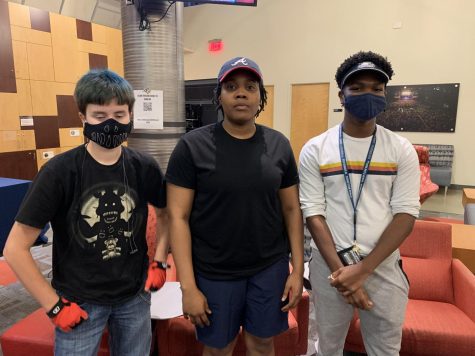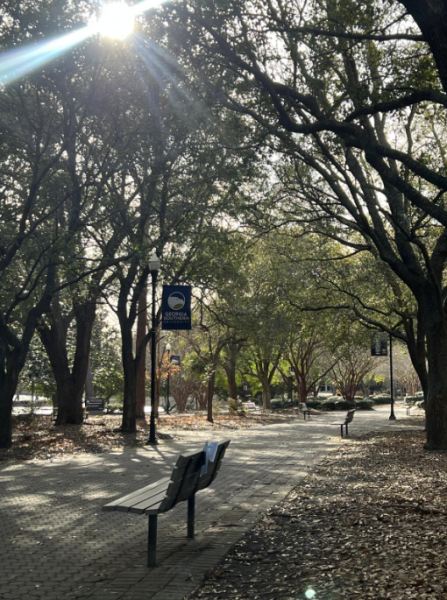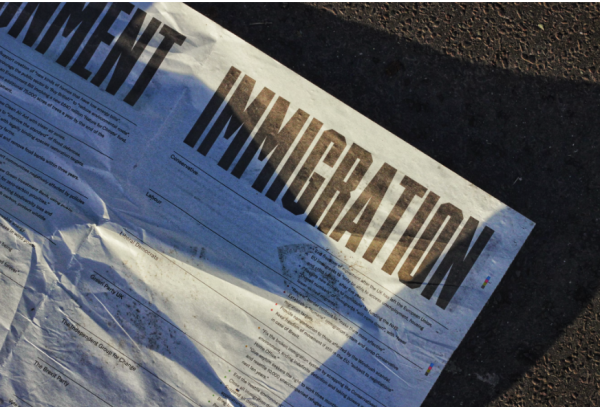Gay-Straight Alliance Discusses Pride Flag
The Gay-Straight Alliance (GSA) held a meeting to discuss the pride flag and other iterations of it that have appeared since its original creation. In the past five years alone, the pride flag has evolved to include a brown and black stripe for LGBTQ+ people of color (which was originally called the Philadelphia flag), the colors of the trans flag, and the design for the intersex flag.
The discussion prompted conversation about the pride flag’s original 8-stripe appearance, the part that queer and trans people of color—like Marsha P. Johnson—played in the stonewall riots and activism throughout history, the lack of representation that caused the pride flag to be updated, and discussion of keeping the 6-stripe pride flag or continuing to update the pride flag. Much was left unsaid as the meeting only lasted an hour, but the discussion did prompt critical thinking about issues within the LGBTQ+ community that are often ignored because of the need to fight for respect and rights. Apart from the discussion itself, this meeting also allowed its attendees to once again meet with others who share the same identity and acceptance of other identities.

One such attendee was an international transfer student from Nigeria, Akunna Chukwueke; “I like to be around people who are more kinda like me… [and] I learned that there are some groups who want to be a part of the LGBT community, but like, I really don’t know how they fit in.”
This arose from a discussion of an on-going argument within the LGBTQ+ community about the oversexualization of pride events and how young children questioning their identity should have a safe and accepting place within pride events to learn about themselves without being othered and deterred by explicit shows and activities. Additionally, there has been conflicts as certain groups have attempted to frame themselves as a queer identity, but since both discussions veered away from the topic of pride flags, both were ended as to save time.
“I think being able to actually talk about these things with [other queer] people and not having it be in the ‘free marketplace of ideas’ is nice because you don’t have to defend what you’re saying to someone,” said a new attendee, Joshua Grimsley.
At the end of the discussion, no one seemed to harbor hate or grudges for anything said in the thoughtful discussion. While the vice president of the GSA mentioned that that meeting is one of many upcoming educational events, that definitely did not discourage any sense of welcoming in the room. Grimsley themselves, despite being new, seemed less reluctant to return again after just one meeting.
“[The Gay-Straight Alliance] was recommended to me through personal practice therapy, but I also needed a group to go to in general… and generally, it ends the crippling void of lack and, like, not meeting people and talking to people rots your brain out,” they said.In the next few weeks, the GSA plans to hold what they call IQ nights, which stands for influential queers. One topic that is often discussed is the lack of representation, let alone good representation, in media, so the GSA plans to have real queer people in various careers as well as various identities and background appear either in-person or over zoom to show its members that they aren’t alone in their career path. To learn more about these IQ nights or attend any future GSA meetings, please contact them at gsaofgsu@georgiasouthern.edu.





